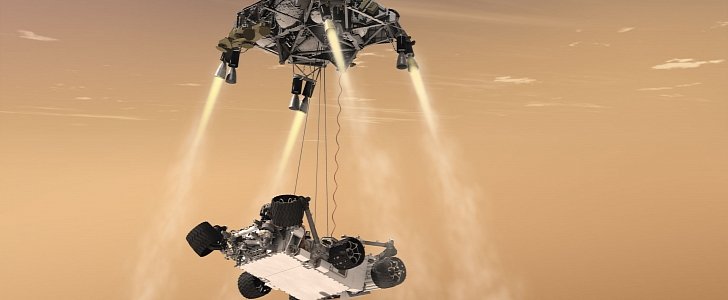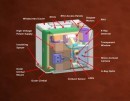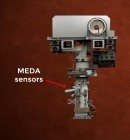For most people with a passion for space exploration, the question whether there is life on other planets needs no official confirmation. Yet, if and when we discover life elsewhere, even in its simplest form, the moment will mark a turning point for humanity.
The biggest space agency on Earth, NASA, is currently on a roll, having rediscovered its taste for adventure with the help of private companies and money pouring in from the federal government. NASA is going to the Moon, will head for Mars, and eventually might even settle at least one of these two rocks.
But according to the agency’s chief scientist, Jim Green, it’s not these plans that will make the headlines in the near future.
In an interview with The Telegraph, Green said that the upcoming robotic missions to Mars, one headed by NASA and the other by its European counterpart ESA, are very likely to yield the desired results: the confirmation that there is life elsewhere in the Universe.
For what is worth, NASA has been trying to get us used to the idea for some time now, at first by confirming the existence of water on both Mars and the Moon, and from time to time hinting at the possibility that life might have already been discovered.
Despite this, believes Green, an official announcement in this matter would come as a shock for most of the world, as we are not yet ready for this.
"It will be revolutionary," Green was quoted as saying by The Telegraph. "It will start a whole new line of thinking. I don't think we're prepared for the results. We're not."
Whether we’re prepared or not we'll find out pretty soon. NASA’s next mission to Mars will land in 2021 and immediately start looking for ancient organic molecules and other microbial life in the Jezero Crater.
But according to the agency’s chief scientist, Jim Green, it’s not these plans that will make the headlines in the near future.
In an interview with The Telegraph, Green said that the upcoming robotic missions to Mars, one headed by NASA and the other by its European counterpart ESA, are very likely to yield the desired results: the confirmation that there is life elsewhere in the Universe.
For what is worth, NASA has been trying to get us used to the idea for some time now, at first by confirming the existence of water on both Mars and the Moon, and from time to time hinting at the possibility that life might have already been discovered.
Despite this, believes Green, an official announcement in this matter would come as a shock for most of the world, as we are not yet ready for this.
"It will be revolutionary," Green was quoted as saying by The Telegraph. "It will start a whole new line of thinking. I don't think we're prepared for the results. We're not."
Whether we’re prepared or not we'll find out pretty soon. NASA’s next mission to Mars will land in 2021 and immediately start looking for ancient organic molecules and other microbial life in the Jezero Crater.












